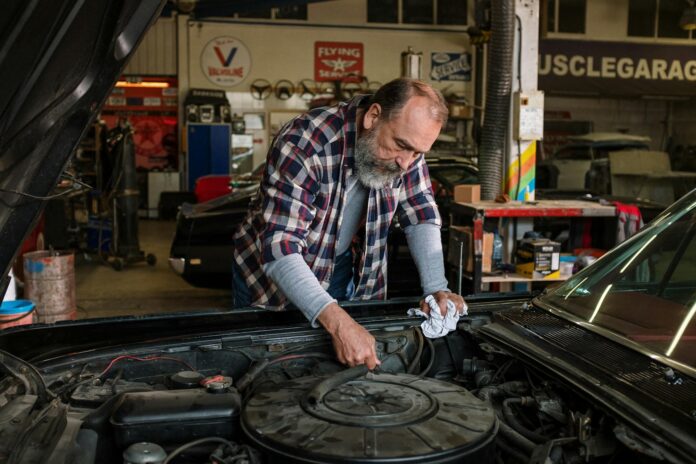It’s getting hot everywhere, and it won’t cool off any time soon. Overheating is a serious problem during the summer, and high heat can cause severe engine damage. Here are some common-sense tips to protect your engine and prevent overheating.
Schedule Oil Changes
An oil change is one of the easiest and most important things a driver can do to protect their vehicle from damage. If you’re worried about overheating, call for a cooling system inspection, where a licensed technician will evaluate the fans, water pump, coolant, hoses, seals, and radiator to ensure proper function. With regular auto repair in Nashville, TN, you’ll stay cool all summer.
Stay in the Shade
As you’re coping with the summer heat, try to park in shady spots as often as possible. Use shades or crack a window to minimize heat buildup and install aftermarket window tint to keep things even cooler.
Manage the Air Conditioning System
There are several ways to use a car’s HVAC system to prevent overheating. For instance, the fresh air option provides more engine cooling than the recirculating option, as does using the floor vents upon startup. Once the inside of the vehicle has cooled, you can use the upper AC vents. Finally, if your car is overheating, turn off the air conditioner, open the windows for fresh air, and turn on the heater. While it may be a bit uncomfortable, it will divert heat from the engine and minimize overheating.
Read the Temperature Gauge
Most vehicles have dashboard temperature gauges. If yours gets too high or gives a warning message, pull over in a safe spot and allow the engine to cool. When overheating problems persist, take your vehicle to a specialist for a cooling system evaluation and potential repairs.
Add Water or Coolant
Once the vehicle has cooled down and it’s safe to remove the radiator cap, take it off and check the engine coolant level and quality. Add more if it’s low and bring your vehicle in for service if there’s a visible leak.
Replace the Battery
Another cause of engine overheating is a malfunctioning battery. If your battery is more than three years old, it may lose some of its charging ability—and your engine will pay the price. Talk to a service technician to see if it is time to replace your spark plugs, wires, battery, or other electrical parts.
Check the Drive Belt
Also known as a serpentine belt, the drive belt runs the water pump and helps coolant circulate within the engine. If your belt is broken or non-functional, the risk of overheating increases.
What Happens When a Vehicle Overheats?
Most cars, trucks, and SUVs won’t overheat without giving a few signs, including:
- Smoke or steam coming from under the hood.
- A sweet or burning odor from the engine.
- A temperature gauge at the high end.
If you see any of these warning signs, don’t wait for them to worsen. Pull over immediately and turn the car off so the engine can cool down, then call us for service.
Call for Cooling System Service
These are some of the easiest ways to keep cars from overheating. If you believe your vehicle has a cooling system or engine problem, prompt action may prevent serious damage. Call or click to schedule maintenance, repairs, or a cooling system inspection.

